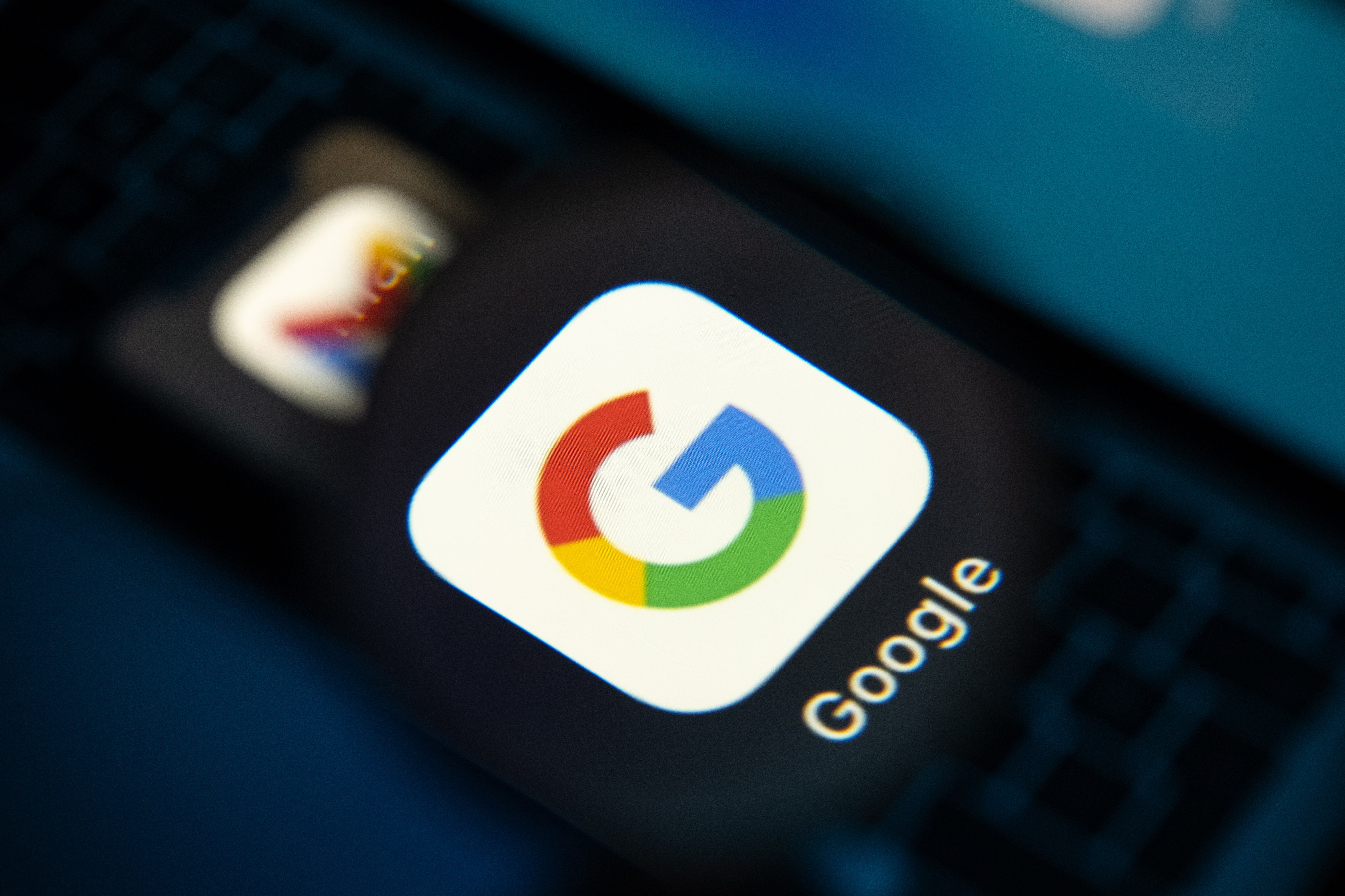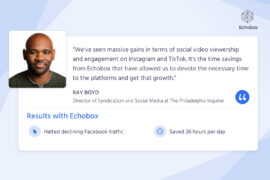In this week’s Roundup, Google reaches a $100m agreement to pay for news in Canada, expert tips to leverage ChatGPT for viral content and Google’s new super-powerful AI model.
News

An agreement has been reached to end Google’s standoff with the Canadian news industry.
Maxwell Strachan for Motherboard reports that the agreement contains a number of concessions to Google, including the ability to bargain with one actor representing all publishers. Nevertheless, the deal heads off the possibility that readers would be unable to find content on either Facebook or Google.
Facebook announced in June this year that it would end news on its platform in the country. In contrast to Google, no compromise seems to be on the horizon.
TikTok has released a new report highlighting major trends for advertisers. This report, as per Andrew Hutchinson of Social Media Today, includes platform-wide insights and tips for how advertisers can use those insights effectively.
The three main trends are: “Curiosity peaked,” “Storytelling unhinged ” and “Bridging the trust gap”.
Analysis
Crafting content with the aid of ChatGPT is becoming a standard part of the practice. As a supplementary tool, it can help speed up workflows from research to writing. But, knowing how to use it best is a skill in itself.
Enter Jodie Cook at Forbes. In this article, Cook goes through seven ways that ChatGPT can be used to help create viral content. Definitely well worth a read. Oh, and don’t forget that Echobox’s ChatGPT integration can be used to craft the perfect share message or email subject line.

We all know that social media struggles with disinformation. It’s become an occupational hazard for the extremely online, as well as more cursory grazers, too.
H. Colleen Sinclair, an academic at Louisiana State University, outlines some of the ways that online disinformation works, for this piece in The Conversation. From “hahaganda” to “rumor-milling,” it’s a minor compendium of internet chicanery.
AI
Watch out OpenAI, there’s a new big dog in town. And it’s very much the old dog. Google has launched a new AI model called Gemini which, it says, beats GPT-4 in 30 out of 32 criteria benchmarked.
As per The Verge’s David Pierce, what distinguishes Gemini from other models is the way it was designed. Whereas technologies such as GPT-4 were trained on text and image as distinct entities, Gemini was a “multisensory model from the beginning.” And the intention is for this model to only get “smarter”. Eventually “there’s still things like action, and touch — more like robotics-type things,” that the model could do, said DeepMind CEO Demis Hassabis.
Of course he is. Elon Musk is looking for $1bn in investment to fund a new AI startup, writes The Guardian’s Mark Sweney.
xAI will do some AI things – but probably in a more problematic way.



/cdn.vox-cdn.com/uploads/chorus_asset/file/25137172/gemini_mm_02.png)



